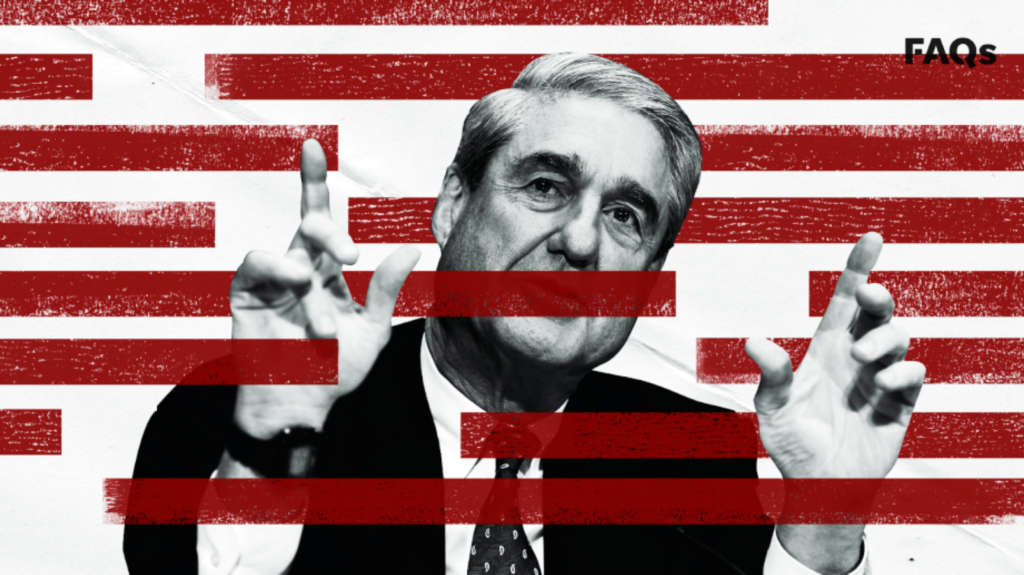
If you’re at the end of a game, be it basketball, football, or hockey, what have you, and you have the lead with less than a minute to go, what is your best option? Running out the clock. This strategy involves avoiding the competition at all costs, without trying to score, in order to hold on to what the team already has. The Trump administration seems to have read into this phenomena extensively, as, by asserting executive privilege, the president might have successfully put any investigation into his affairs off until after the 2020 election, granting him a distinct advantage as the incumbent. However, executive privilege is a word thrown about in Washington, but is never defined in any legal document, much less the Constitution, to give us an adept scope of this power of the president. Only history can do that job for us.
Executive privilege has been defined by legal experts as the ability for presidents and their staff to withhold confidential information from Congress, the courts, and the public. This principle is mainly applied to matters of national security, as if a staff member in the White House testified to Congress that the president was considering military intervention or any such action of the utmost importance, our national security would be threatened by our very own justice system. The power was first established, or at least called by that name, with Dwight D. Eisenhower, who prevented any of his staff from testifying in the famous McCarthy-Army hearings in the senator’s crusade against communism. Eisenhower poignantly stated, “Any man who testifies as to the advice he gave me won’t be working for me that night”. Immersed in the Cold War, the president did not want to risk the release of secretive, sensitive information in classified documents brought into the public eye. Lyndon B. Johnson often criticized Eisenhower’s meticulous use of this power, preventing staff from even talking about their morning routines in the White House. However, this power was left unchallenged in courts.
Then came Nixon, who redefined privacy in the White House through his use of executive privilege. This is the most applicable case to look at in the modern day discussion of executive privilege, as this was a president withholding information concerning an investigation of himself, a clear parallel to Trump. Nixon’s refusal to provide information throughout the Watergate investigation prompted a legal challenge, leading to the case U.S. v. Nixon, the legal precedent Trump will be set against once his assertion is likely challenged by Congressional Democrats. The Supreme Court did conclude that executive privilege was constitutional and necessary, however, they decided that this right did not extend toward the witholdment of key information concerning investigations. This is the clear challenge to Trump’s refusal to let any of his staff, present or former, testify to Congress; he is not cooperating with an investigation by withholding key information from an un-redacted Mueller report. Nixon resigned shortly after being forced to turn over the Watergate tapes as a result of this ruling. Both Clinton and Obama invoked executive privilege and were denied during their presidencies, and it his been left largely unused since Nixon, as it has been considered politically uncouth to do so.
So, if the Democrats in Congress have such a strong legal precedent in U.S. v. Nixon, why don’t they file a challenge immediately to gain all the information? The answer is, even if courts rule in their favor, it may be too late. Several levels of courts would be required to weigh in before reaching the Supreme Court, which could take over a year, maybe even beyond Election Day 2020.
With impeachment largely impossible to use as a method to remove the president, Democrats are relying on press coverage of the investigation to vote Trump out of office, so to receive key information after the election would be a largely mute point, as he would be free to carry out his term by then. Congress is still free to pursue this option, as they are the check on the president as determined by the Constitution, but the effect may not be as politically useful as they may have hoped.
Is executive privilege new? Certainly not. Is it being used in a new way? Nixon would definitely give a no to that. Is Trump’s use of this unconstitutional? Likely.
Yet, the legal system only offers a process that takes years to carry out, so their argument falls on deaf ears. However, as history shows, being invoked in the same breath as Nixon is certainly not a good look. That might be enough.
